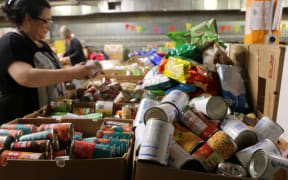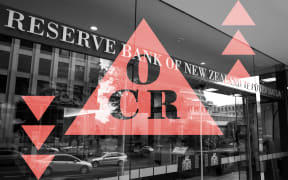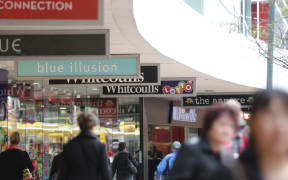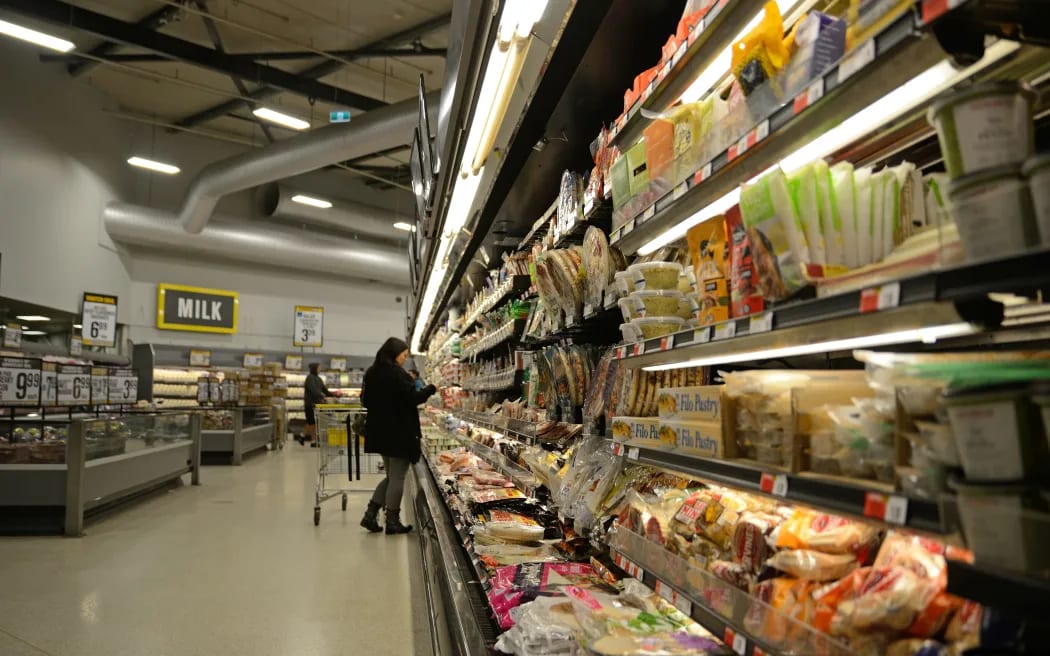
New data from Stats NZ shows average household costs went up 6.2 per cent in the last year. Photo: LDR / Alka Prasad
Families are cutting back on essentials and withdrawing their KiwiSaver funds as they struggle with the rising cost of living, an Auckland budgeting service says.
Stats NZ data released today showed household costs went up 6.2 per cent in the last year.
An Ōtahuhu Budgeting Services' spokesperson said the public-funded service helped locals manage financial hardship.
The spokesperson said cost of living pressures like food, rent and power bills meant local families had to make tough financial decisions.
They said any increases in government benefits were often not enough to cover these costs.
"Rent goes up a couple of dollars, power prices go up. The cost of food is phenomenal."
More households were now relying on food donations, with four to five households a day using food parcel services, they said.
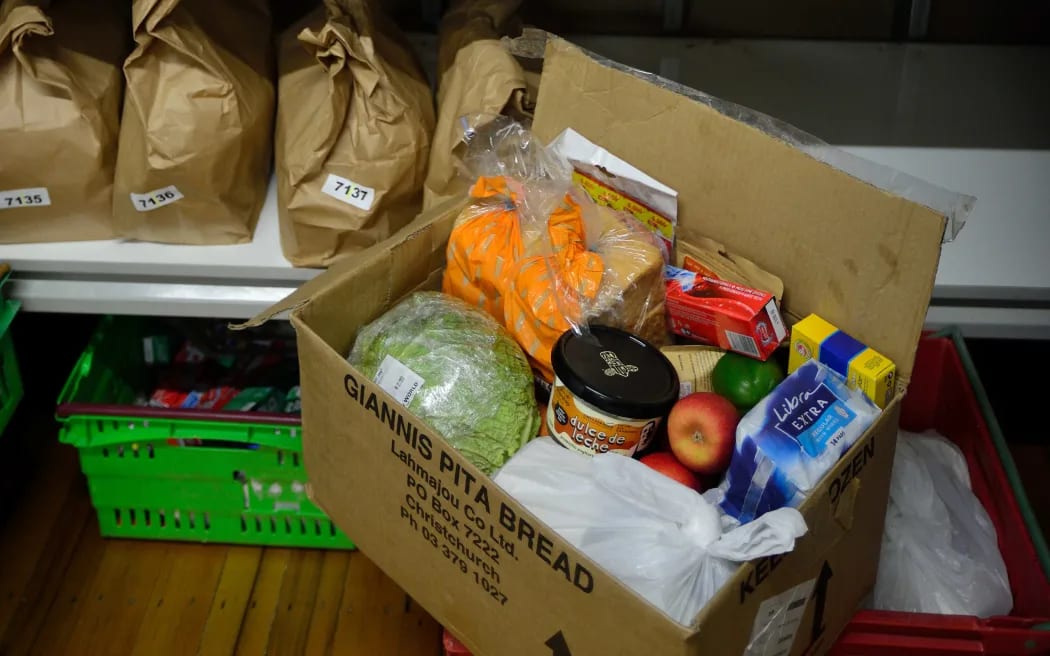
A spokesperson from Ōtāhuhu Budgeting Services says more families are relying on food parcels and are choosing to withdraw Kiwisaver funds to make ends meet. Photo: LDR / Alka Prasad
Struggling households - whether in employment or otherwise - were also choosing to withdraw KiwiSaver funds to help make ends meet, the spokesperson said.
"A lot of them now are looking at cashing out their KiwiSaver based on financial hardship and some on medical need."
KiwiSaver funds can be withdrawn in limited circumstances, including:
- cannot meet minimum living expenses
- cannot pay the mortgage on the home you live in, and your mortgage provider is seeking to enforce the mortgage
- need to modify your home to meet your special needs or those of a dependent family member
- need to pay for medical treatment for yourself or a dependent family member
- have a serious illness
- need to pay funeral costs of a dependent family member.
Westpac senior economist Satish Ranchhod said cost increases over the past few years had been "stark", with rental prices at the highest in "decades".
"Rents costs are up by 4.2 percent in the last year, which is one of the largest we've seen in decades," Ranchhod said.
"Housing costs are a big squeeze on a lot of family budgets, particularly with food and utilities."
Ranchhod said inflation and rising costs could linger until the end of next year despite hope from Te Pūtea Matua The Reserve Bank of New Zealand's (RBNZ).
"Inflation is going to linger over RBNZ's target band. It will take some time for inflation to get back to 2 per cent," he Ranchhod said.
This pressure has meant households are winding back spending.
"High interest and living cost mean households are scaling back purchasing, opting for value over what is nice to have."
LDR is local body journalism co-funded by RNZ and NZ On Air.
